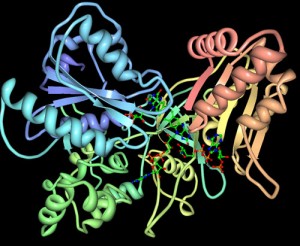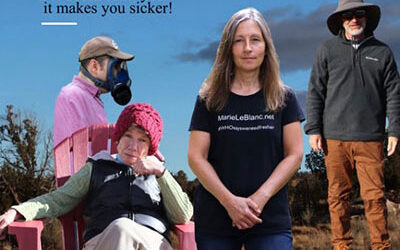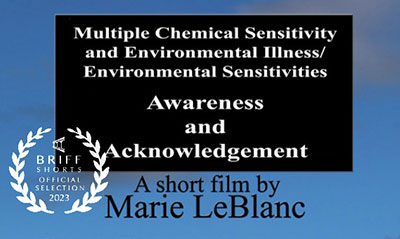 source: physorg.com
source: physorg.com
PhysOrg.com has reported that scientists have been able to isolate a key player in the detoxification pathway that has eluded them for three decades. The family of enzymes known as cytochromes P450 (CYP) are responsible for the metabolism of about 75 percent of known pharmaceuticals. CYP enzymes have been found in animals, plants, fungi, bacteria, and archaea. Michael Green, an associate professor of chemistry at Penn State University, and Jonathan Rittle are authors of a paper describing a breakthrough in isolation of P450 compound I (P450-I), a chemical intermediate in the process of drug metabolism. This important compound, a heme iron bearing a single oxygen atom, can catalyze the oxidation of aliphatic carbon-hydrogen bonds. The research paper is published in the November 12 issue of the journal Science.
The report in PhysOrg.com explains why chemists have been unable to isolate this compound in the past:
At the heart of the problem is P450 compound I. It is a highly reactive chemical species produced by the P450 enzyme to help metabolize a toxin or drug. Because of this extreme reactivity, compound I turns into something else before scientists have a chance to capture it. This has remained a problem for more than 40 years, prompting some to question its very existence.
“This work confirms the existence of compound I, and demonstrates that it can perform the type of chemical reactions for which P450s are known,” stated Green. “Now that we can make this chemical species, we can begin to do larger scale studies to understand just how it performs this chemistry.”
Although years away from providing any tangible help to those with damaged liver detoxification pathways, the news is exciting for those unable to detoxify xenobiotics and other substances.









0 Comments